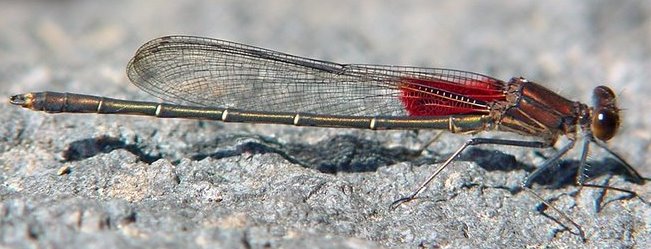Wild Turkeys on a recent winter day at Quabbin Park
Ok this blog has nothing to do with Turkeys but I did enjoy watching them:
This story is not really about the Northern Cricket Frog Acris crepitans but rather that we as a society have let our desire for parts of the wild world overcome our understanding of the processes that created it. I've never been to Glenmere Lake in Western New York State. It sounds like so many other great places in the northeast. Once a clear cool lake with great fishing, the perfect place for building that lakeside cottage or home. Nutrients from now failing septic systems and fertilized lawns have also created the perfect environment for the introduced invasive exotic Eurasian milfoil. Life at the lake has changed. Milfoil has overtaken the lake and in spite of all the good effort to change the direction of the infestation nothing has happened. Part of the issue is that the state conservation authorities are accused of not being clear of what is needed for the Lake's population of the listed Northern Cricket Frogs and moving the target at the expense of the developers and townspeople. The issues involved are complex and the failures must be shared with people on both sides. The answer may not be close at hand but gutting the Endangered Species act is likely the wrong avenue to pursue.
So how did we get to this place? Caught between a lake free of exotic weeds and the survival of a rare frog. Most would agree that cleaning up the nutrient loading of the lake would be a good place to start and if we didn't introduce exotic invasive plants into the landscape the issue may never of come up in the first place. Conflicts dividing good people who should be on the same side of the issue of a clean diverse environment are finding themselves on opposite sides of the bargaining table. I have seen many cases of abusive use of our wetlands and endangered species legislation over the years by those who use it as a club to stop or delay development they don't like and regulators that take extreme protective positions without the benefit of good research often restricting landowners use of their land. These actions have weakened the resolve of many in the general public (and their elected representatives) to support our Natural Heritage Programs and the species they represent.
dave@dhsmall.net
http://www.pbase.com/dhsmall
.jpg)





![Reblog this post [with Zemanta]](http://img.zemanta.com/reblog_e.png?x-id=52361db1-a338-4e5b-88b9-305872bad33d)
